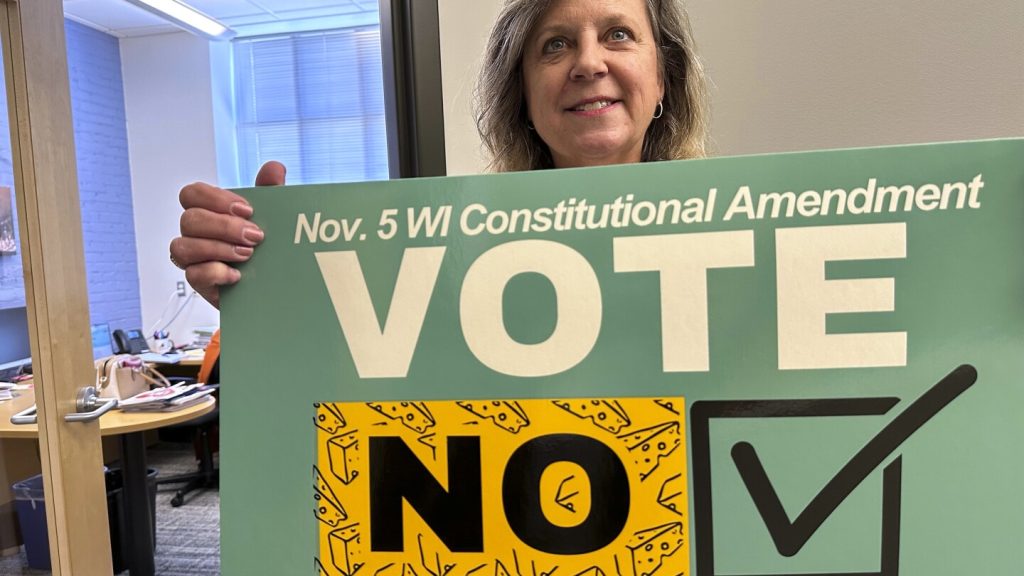Wisconsin voters will have the opportunity to decide on a statewide referendum that aims to amend the state constitution to explicitly prohibit non-U.S. citizens from voting in any elections. This move, led by Republican legislators, is part of a broader GOP effort across the country in response to municipalities in certain states allowing noncitizens to vote in local elections. While Republicans argue the amendment is necessary to protect election integrity, opponents believe it is a solution in search of a problem and is designed to rally conservative voters and foster anti-foreigner sentiments in the United States.
Despite a large number of non-U.S. citizens living in the U.S., voting by noncitizens is rare. A 1996 federal law already makes it illegal for noncitizens to vote in federal elections, and no state constitutions explicitly allow noncitizens to vote. While some states have laws prohibiting noncitizens from voting in statewide races, instances of voting by noncitizens have been minimal. However, Republicans have pointed to voter registration reviews that have uncovered potential noncitizen voters in states like Texas, Ohio, and Alabama, leading to concerns about the possible impact of allowing noncitizens to vote.
The push for the amendment in Wisconsin seeks to clarify that only U.S. citizens are eligible to vote in the state, as the current language in the state constitution refers to every U.S. citizen as a valid elector. State Rep. Tyler August, the chief sponsor of the amendment in the Assembly, emphasized that the goal is to ensure that foreign nationals cannot vote in Wisconsin. Despite criticism that the amendment discriminates against foreign nationals, Republicans maintain that it is not about race or immigration, but about upholding the integrity of the electoral process and ensuring that only those who are legally granted U.S. citizenship can participate in elections.
The debate over the amendment has drawn mixed reactions from various organizations in Wisconsin. While Wisconsin Family Action, a conservative group, has expressed support for the amendment, numerous other organizations, including the American Civil Liberties Union and the League of Women Voters, have registered in opposition. Over 30 organizations, including Law Forward, Black Leaders Organizing for Communities, and immigrant rights group Voces de la Frontera, have also signaled their opposition to the amendment, citing concerns about discrimination and potential harm to voting rights. The coalition of organizations has urged Wisconsinites to vote against the amendment in order to preserve the constitutional guarantee that protects the freedom to vote from further infringement.
The amendment process in Wisconsin requires the measure to pass two consecutive legislative sessions and a statewide referendum before it can take effect. Republican lawmakers have already passed the measure in 2022 and again last year without any Democratic votes. Governor Tony Evers, a Democrat, does not have a role in approving constitutional amendments. With the decision ultimately resting in the hands of Wisconsin voters, the outcome of the referendum on whether to bar non-U.S. citizens from voting in the state will have significant implications for the future of elections and voting rights in Wisconsin.














